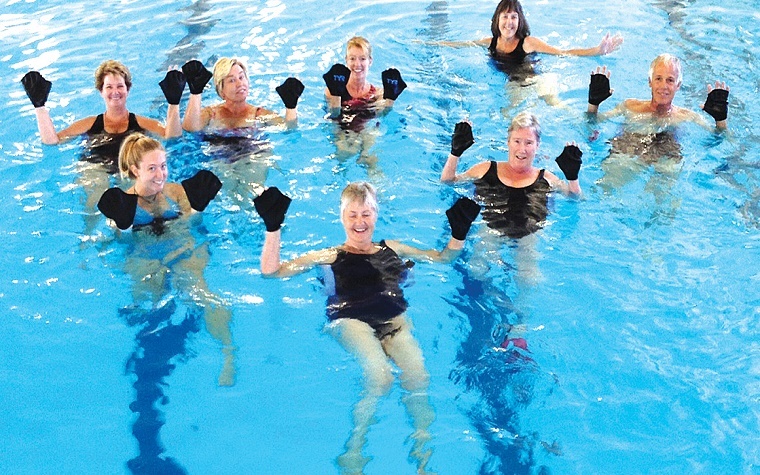
Physicians typically tell their patients who have suffered heart failure that they need to make exercise part of their recovery process. A recent study in American Heart Association (AHA) Journal Circulation: Heart Failure showed a number of cardiac rehabilitation patients don't get the exercise that has been recommended for them due to factors like lack of social support and transportation.
"Patients, family members and health care providers should work together to find solutions to the barriers preventing a patient from participating in a structured exercise programs, because exercise programs can help patients manage their condition,” Dr. Lauren Cooper, lead author of the study, said.
The study used 2,279 heart-failure patients as subjects, all of whom received typical after-care -- including literature detailing the benefits of regular exercise. The study found that patients with more social support exercised an average of 118 minutes each week a year after their heart failure episodes, while those who received little support spent an average of 92 minutes a week exercising.
The study also discovered that a lack of Medicare coverage for cardiac rehabilitation programs led to decreased exercise time.
“Competing responsibilities and lack of support may prevent patients with heart failure from participating in exercise programs," Cooper said. "Assessing a patient’s social support system and barriers that may interfere with their exercise program may help medical professionals to customize exercise programs that better fit individual patient needs."